Board Meetings | How to Tell if Your Training Worked

Even though they are the most objective method, metrics aren’t usually the best way to tell if your training actually worked. That is, if the point of the training is to climb better. Are you measuring the right things? What if the thing you are measuring doesn’t contribute to performance at all?
Are grades a better way to measure the efficacy of your training? Not always. We all know that grades are ridiculously subjective. Are you searching out the “easy-for-the-grade” climbs? Are you traveling to new rock in a new area?
It all matters.
In this patron’s only Board Meeting, Nate and Kris discuss the do’s and don’ts of deciding if your training is working. For as little as $3, you can get access to at least two bonus episodes each month. Click below to learn more.
Starting where you are is an important first step that is often missed.
When should you be growing your skill set and when should you be focused on one aspect of it?
Which is better – building a grade pyramid or a tower – and how might one or the other impact your future climbing?
How can we make sure we are getting the right thing – quality or quantity – in our climbing?
There's a fine line between reactive and proactive training. If you're constantly being corrective or reactive, you may want to rethink things.
Kris and Nate discuss their favorite protocols, both that they use themselves and in programming for their clients.
Kris presents his idea of the Atomic Elements of Climbing Movement to Nate and asks for his thoughts.
If we want to assess our climbing movement skills over time, are the standardized boards the best option? We're conflicted…
How do we decide where to focus our efforts when it comes to becoming a BETTER climber – rather than just a stronger one?
If the more you climb, the better you get, then why do we all know that one guy that’s been climbing forever and still stuck at 5.10?
One of our favorites: Kris and Nate discuss ideas about our mental models for learning, and how we might apply these ideas to climbing.
There are lessons from the climbing in a gym that should absolutely be applied outdoors in order to become a better climber faster.
There are aspects of climbing outside that lead us into learning specific things that we don't necessarily find as easily indoors.
With more and more information out there, it would seem that we can learn faster and better. But that isn't always the case.
You nailed the training and showed up stronger. Still, things went wrong.
You know what highpointing is, and definitely redpointing, but what about lowpointing?
Does kneebarring hard boulders make you stronger? We're conflicted.
Whether a pro, writer, filmmaker or coach, Taylor has some advice for you.
In an ideal world, grades would be objective and we’d have some universal formula for how they’re decided. But we don't live in an ideal world.
Watching Will Bosi and Aiden Roberts work on the Burden of Dreams replica is fun, but is it valuable for the rest of us?
A way to think about improvement based on ideas from Josh Waitzkin, author of The Art of Learning.
Let’s talk goal setting. Not resolutions; goals. Different animals altogether.
It would be amazing if we kept all our attributes forever, but the reality is that we sometimes stop doing some of the things that made us good to begin with.
The interwebs are going crazy over Andrew Bisharat’s new miracle hangboard program “Five Minute Fingers” and folks have asked for our opinion.
Whether it's mental or physical, unless you're a mutant, you've gotten stuck. Well, we have some advice.
Jon Glassberg recently wrote in a blog that, “Climbing double digits is an attainable goal for any serious climber.” We agree.
Let's face it, there are some really bad ideas out there.
The whole team sits down together and discusses the Top 2 resources where we each get our information.
It's here. The one you've been waiting for. The Moon Board Episode.
Improvement comes from challenges, not from the number they are given. If you focus on being challenged and trying hard, then the numbers will follow.
It's exactly the same amount of challenging for you no matter what number anyone attaches to it.
Often times, the numbers don't quite reflect what I know to be the truth.
A climber since 1994, Kris was a traddie for 12 years before he discovered the gymnastic movement inherent in sport climbing and bouldering. Through dedicated training and practice, he eventually built to ascents of 5.14 and V11.
Kris started Power Company Climbing in 2006 as a place to share training info with his friends, and still specializes in working with full time "regular" folks. He's always available for coaching sessions and training workshops.


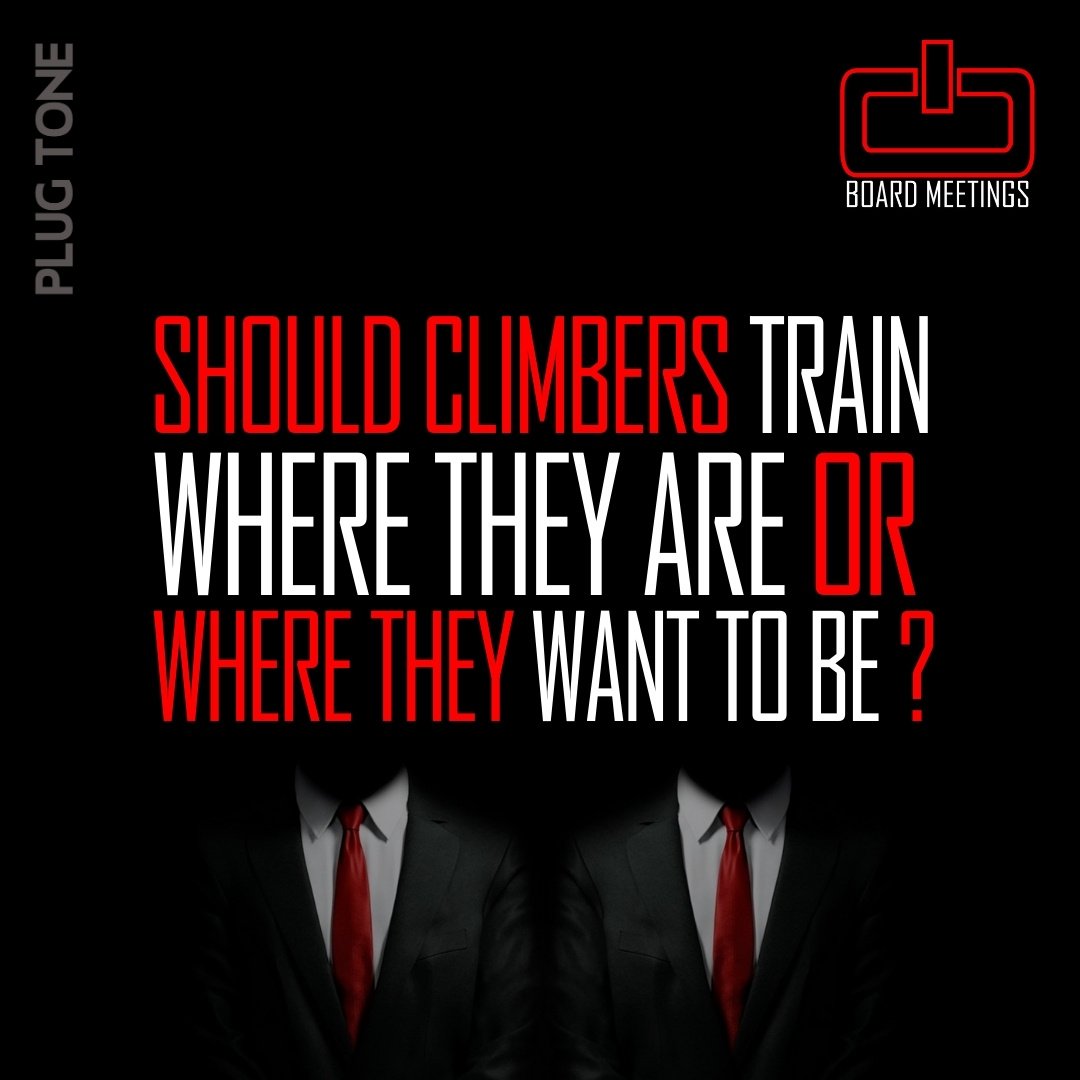
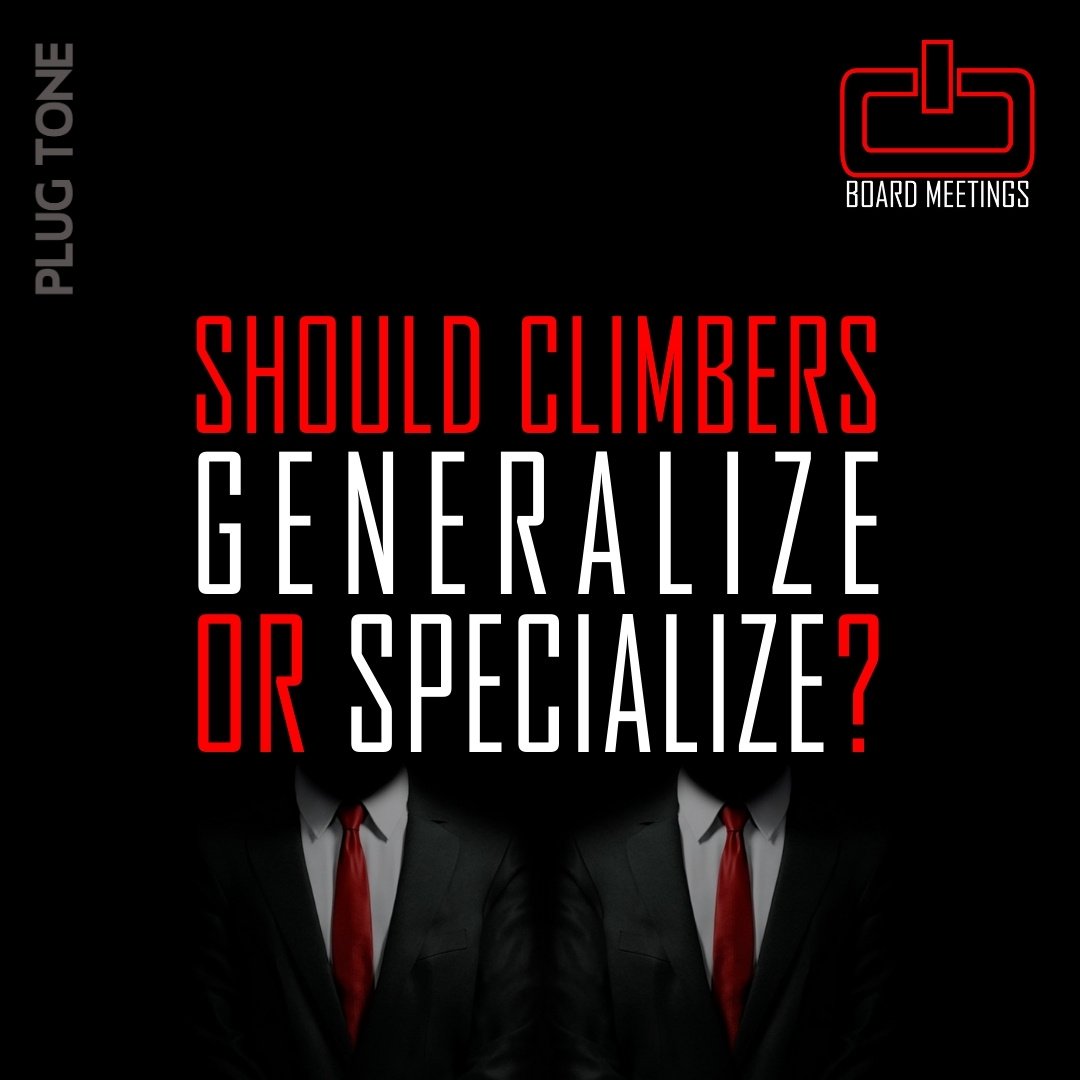

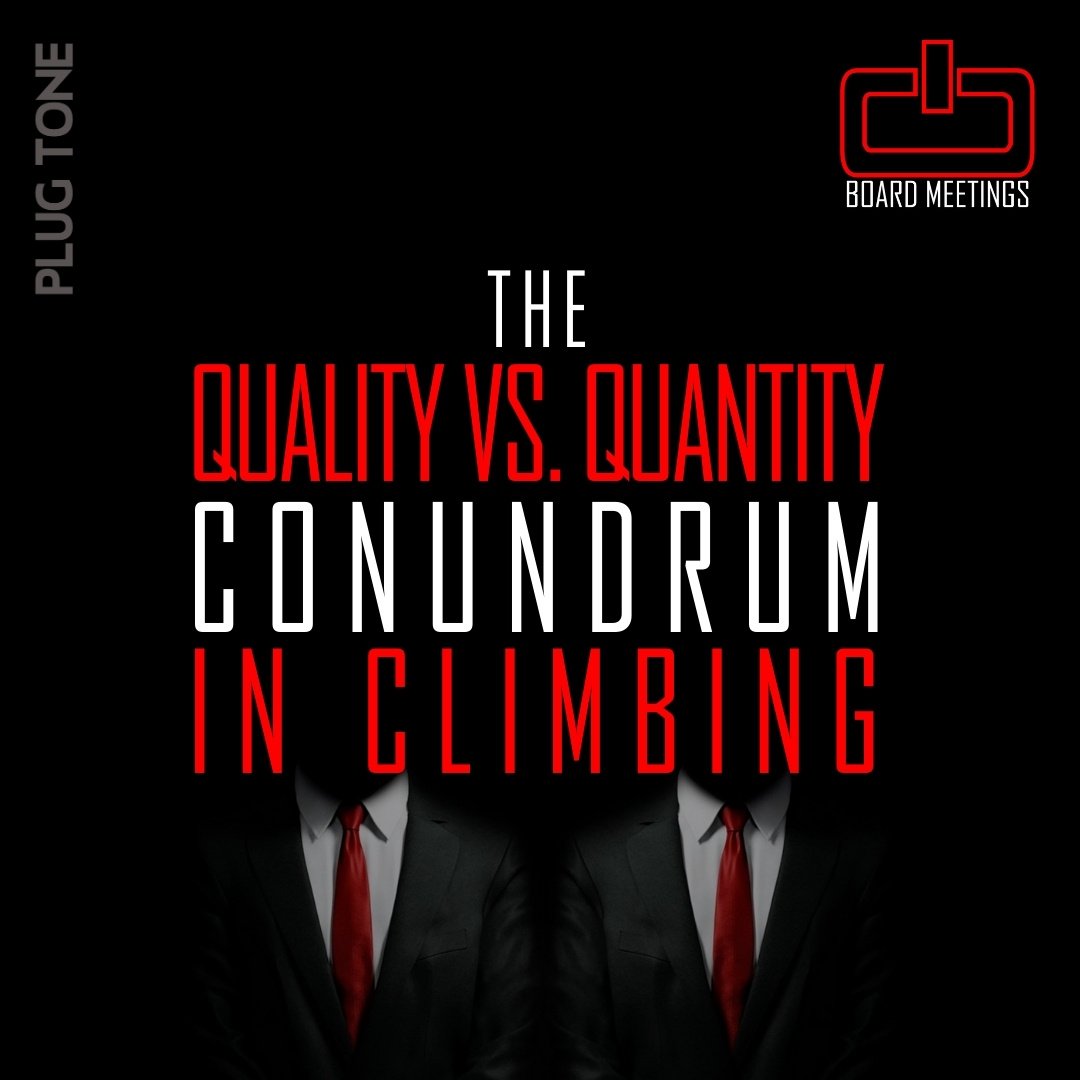
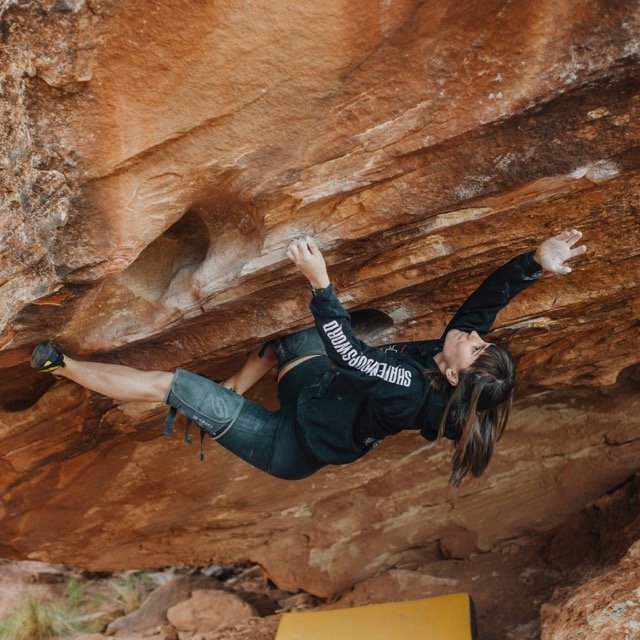

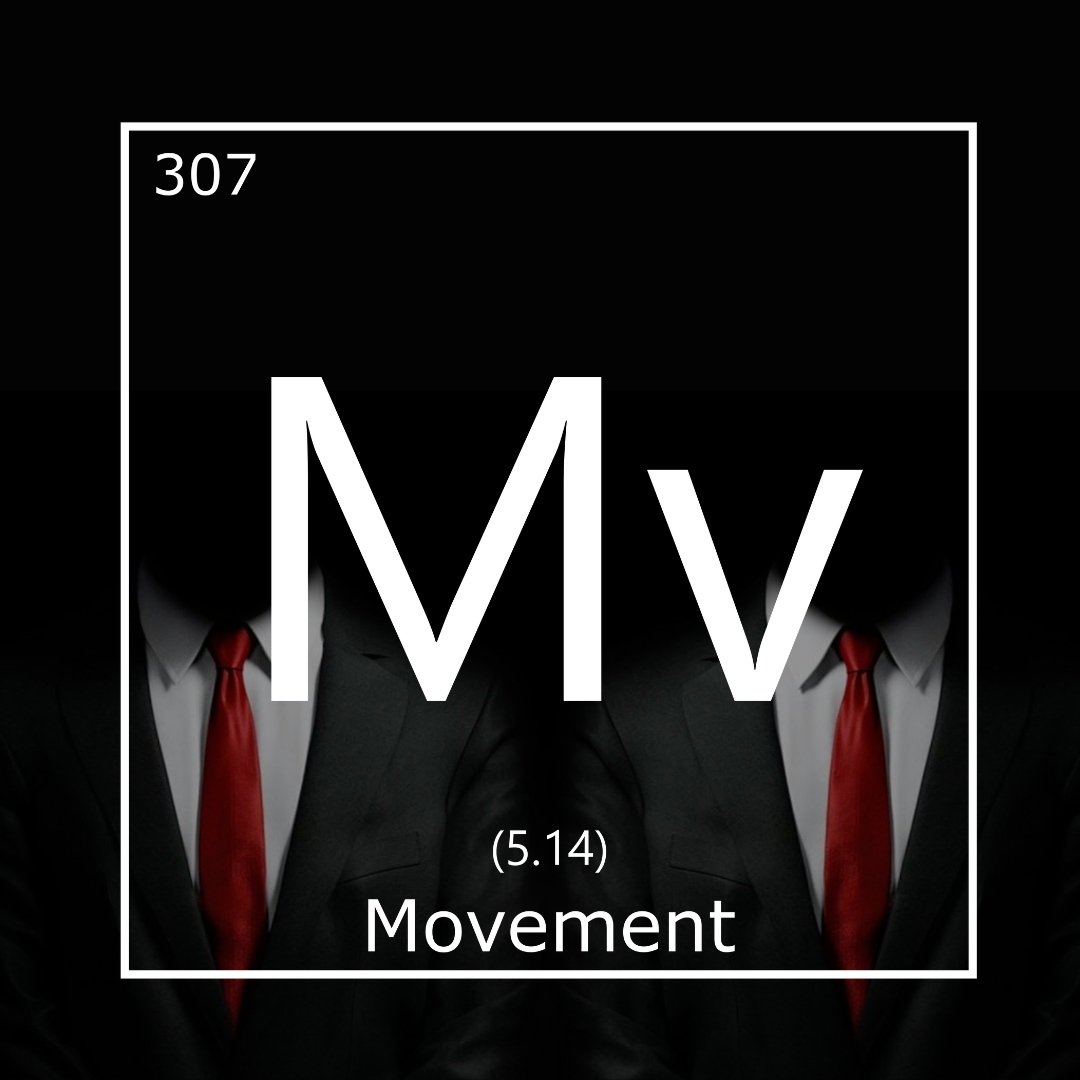
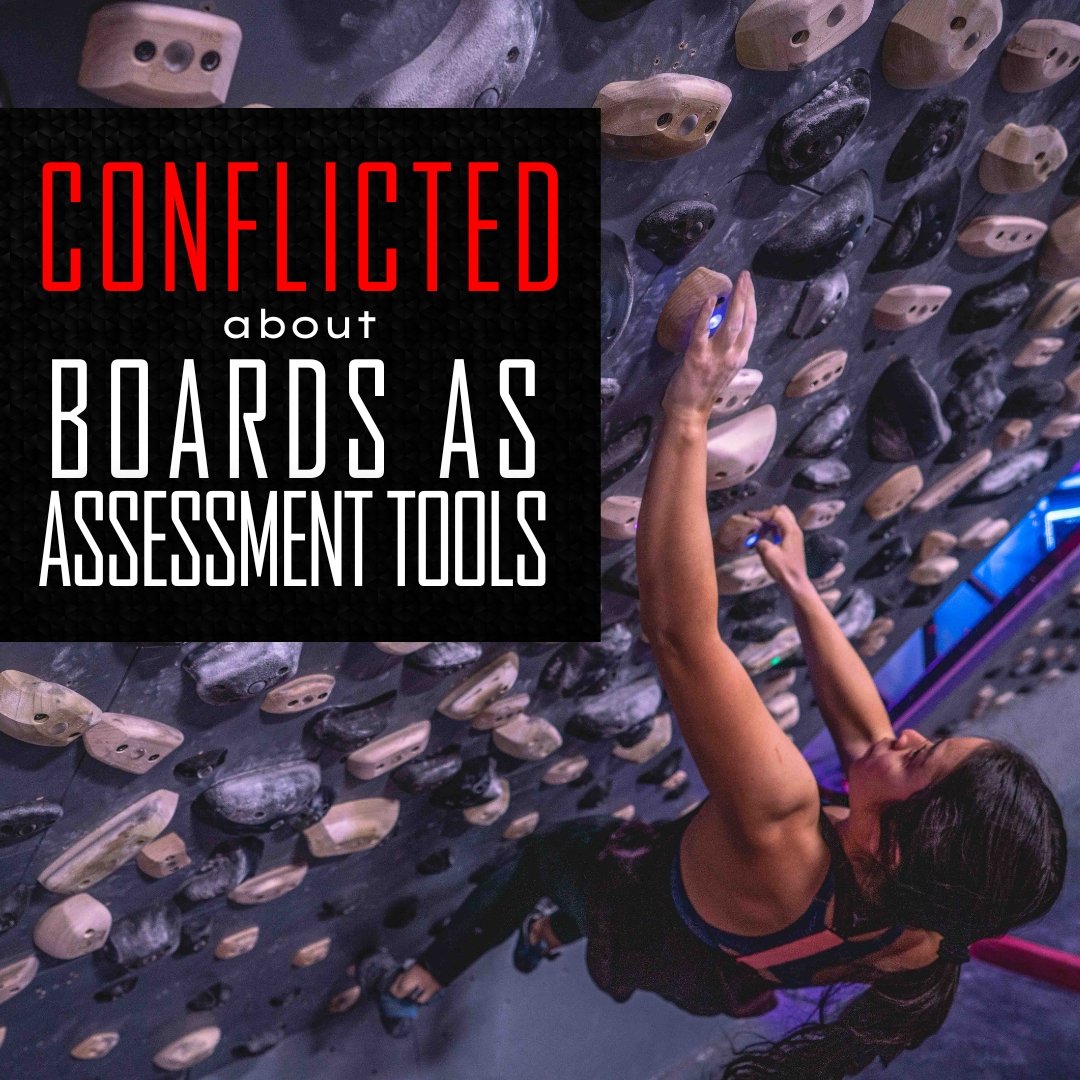
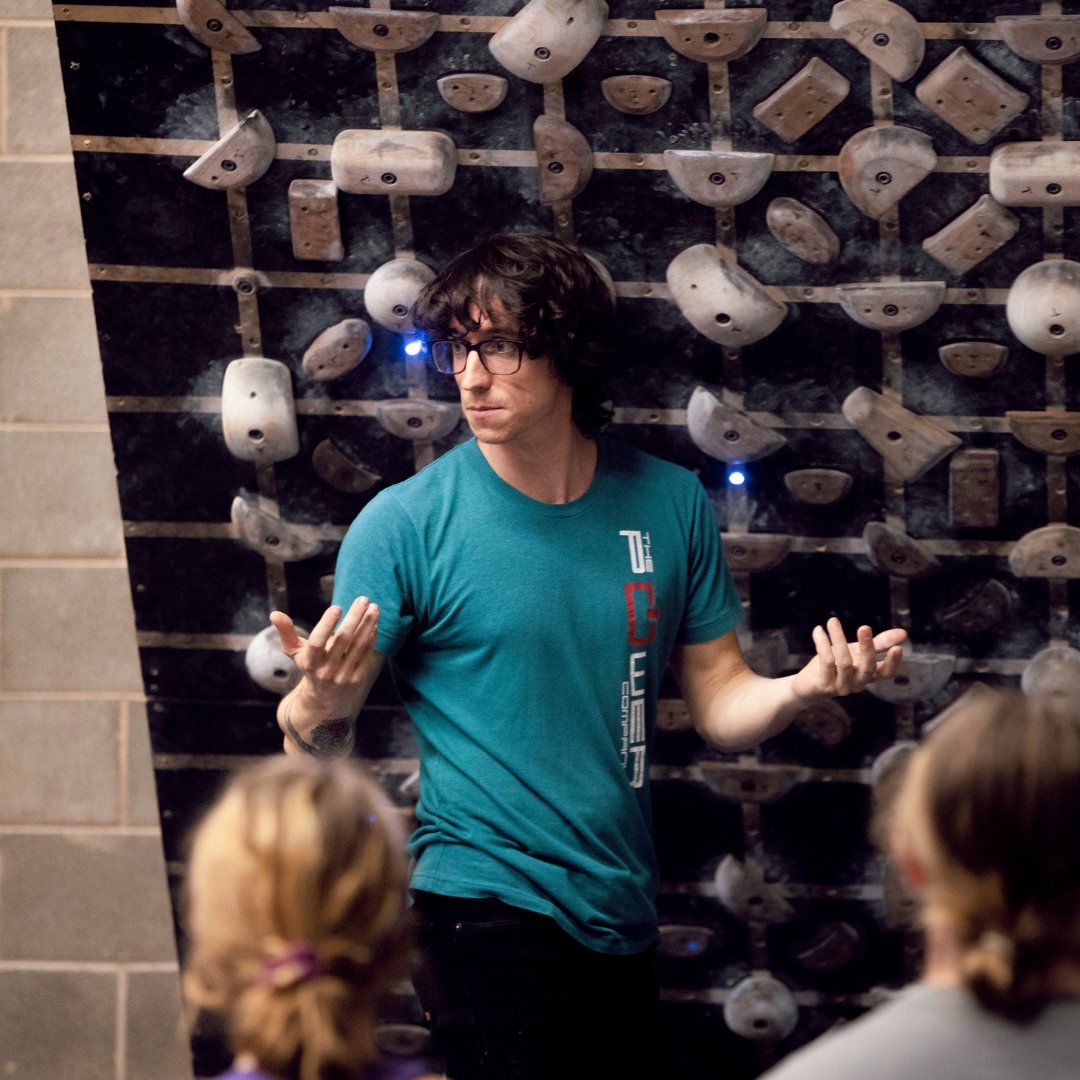
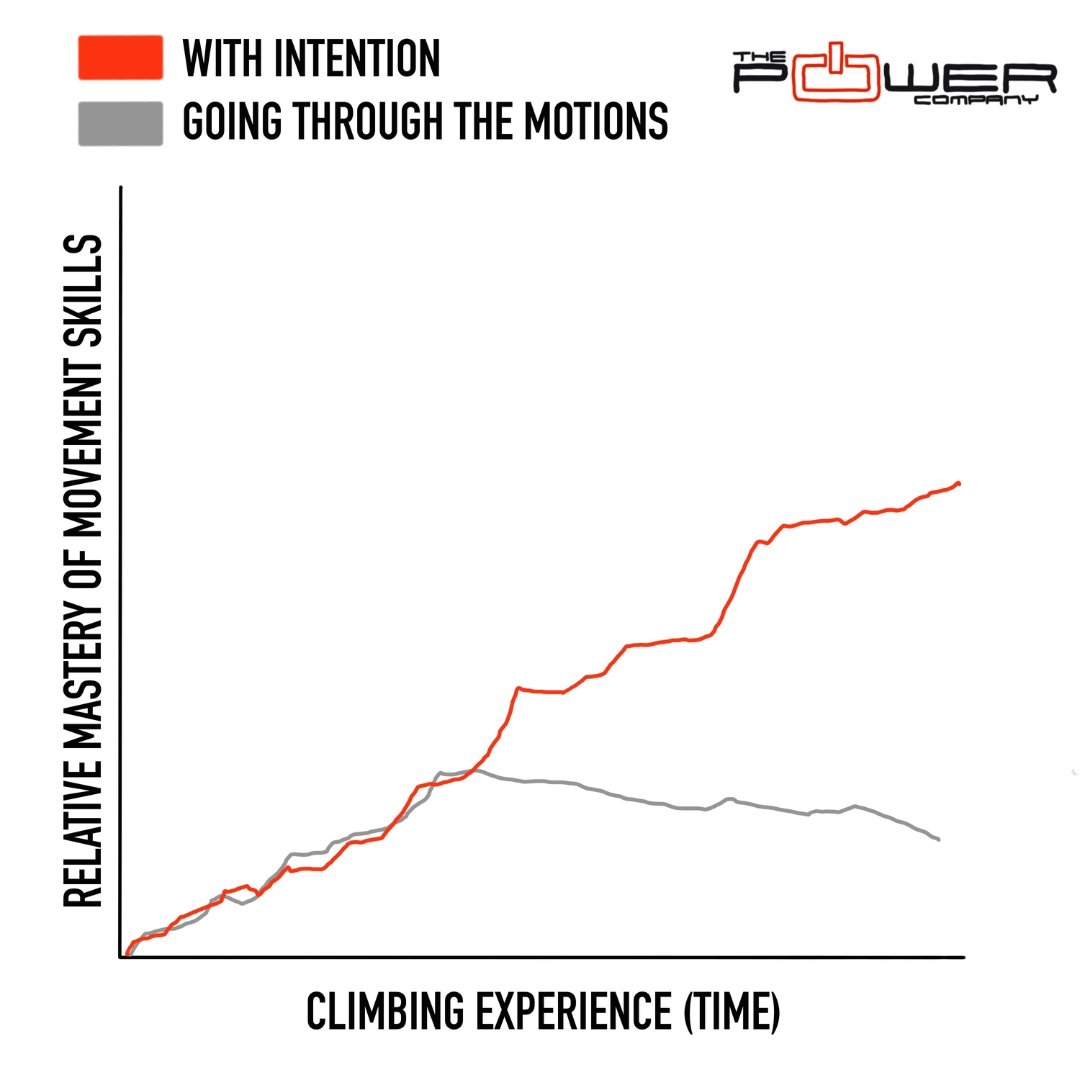


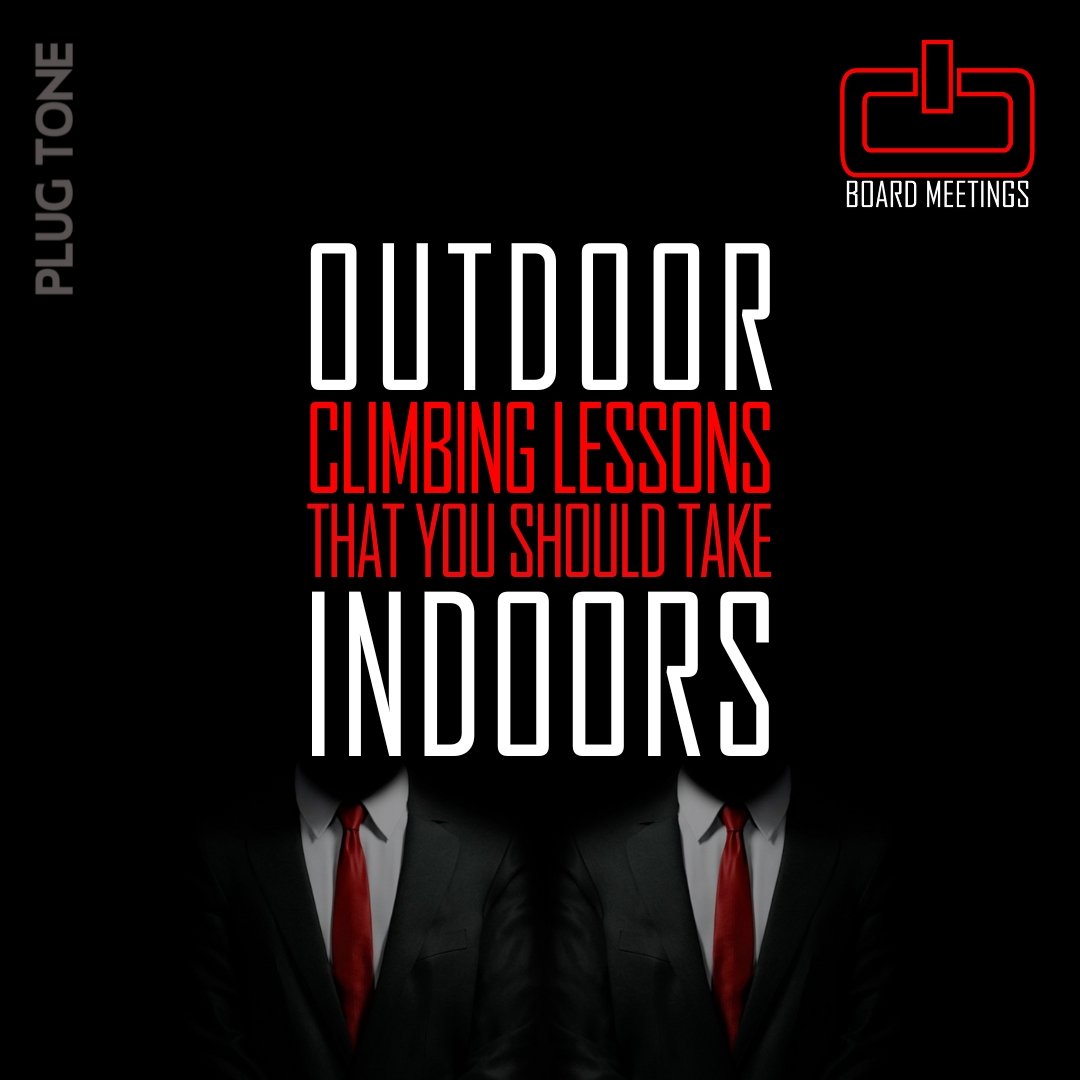

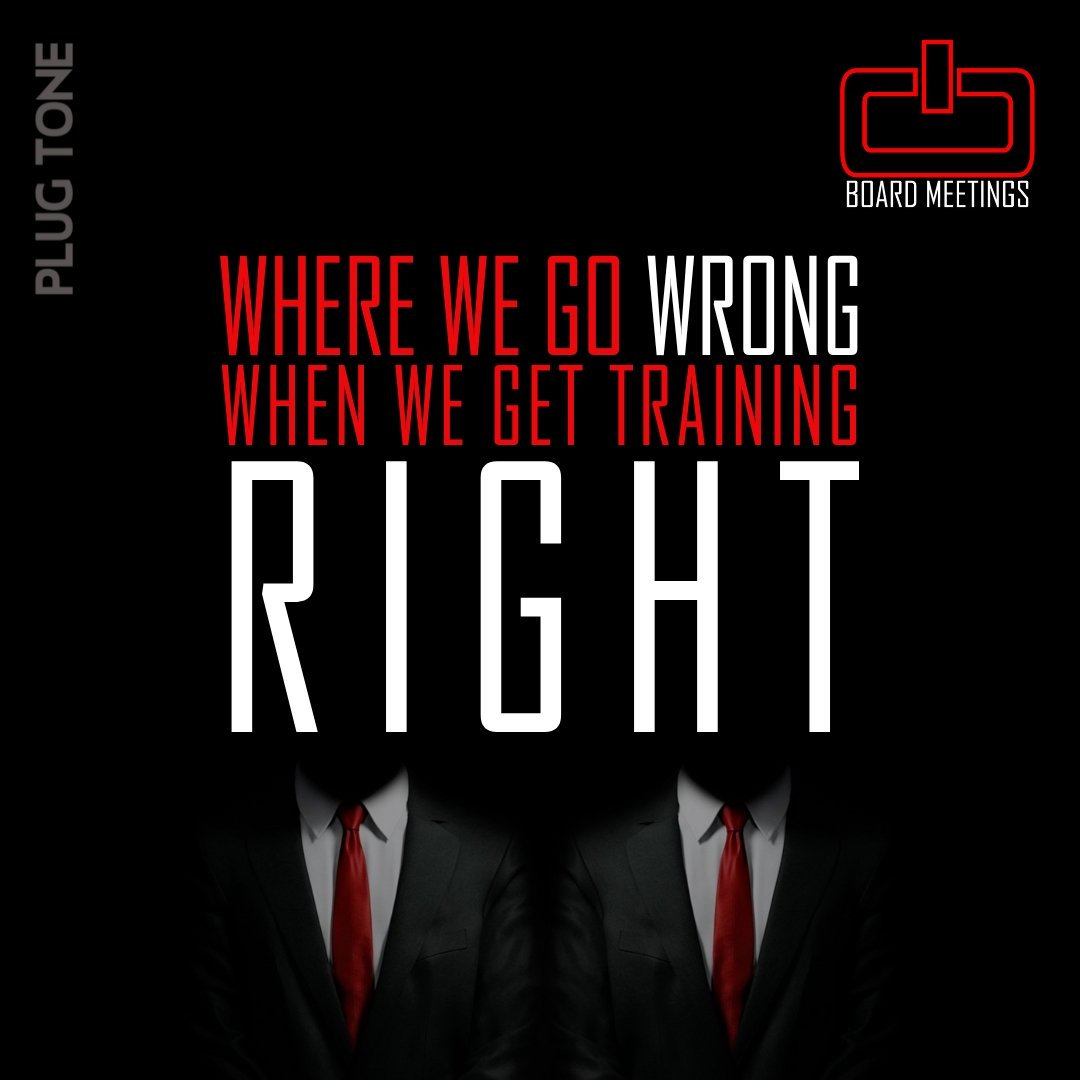



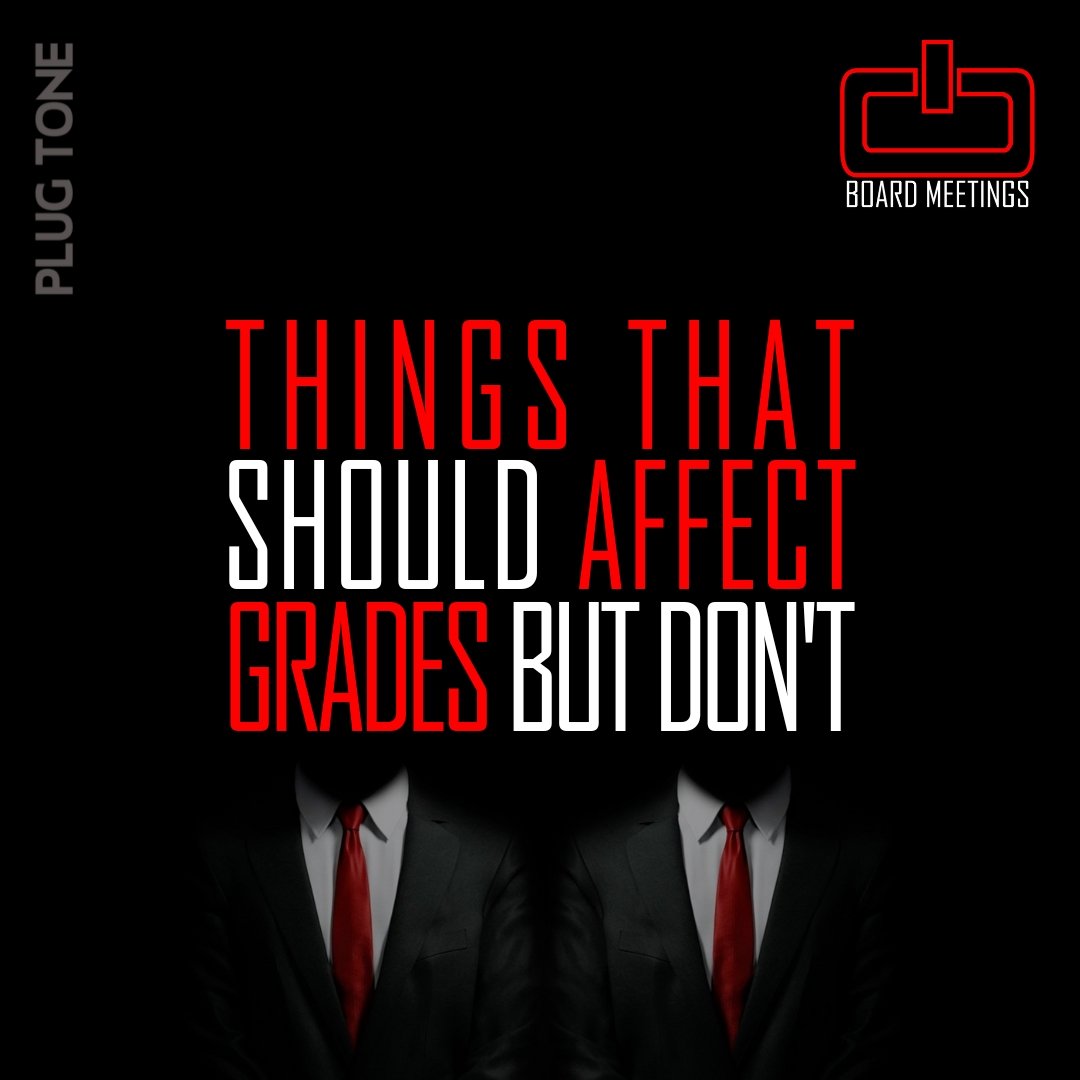
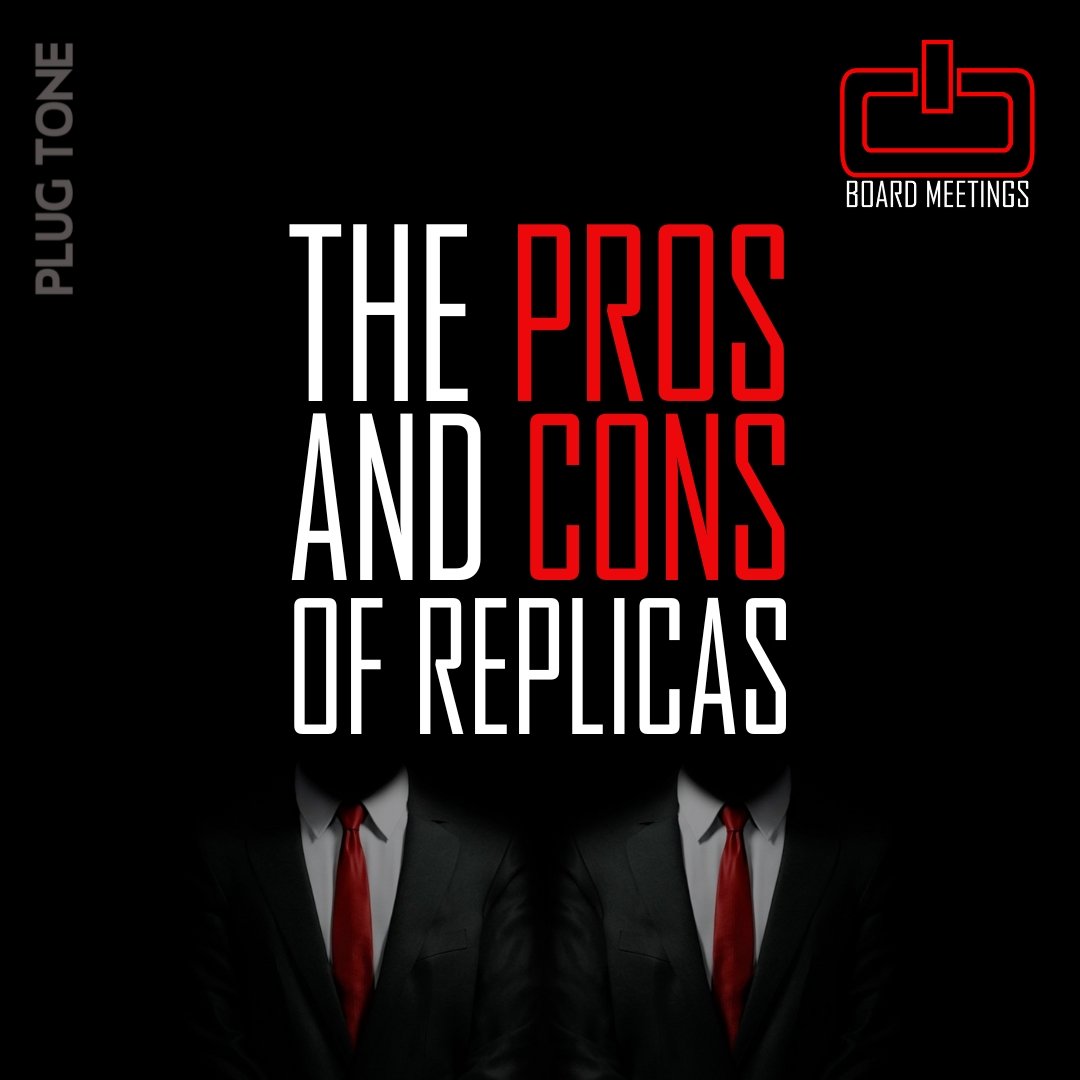
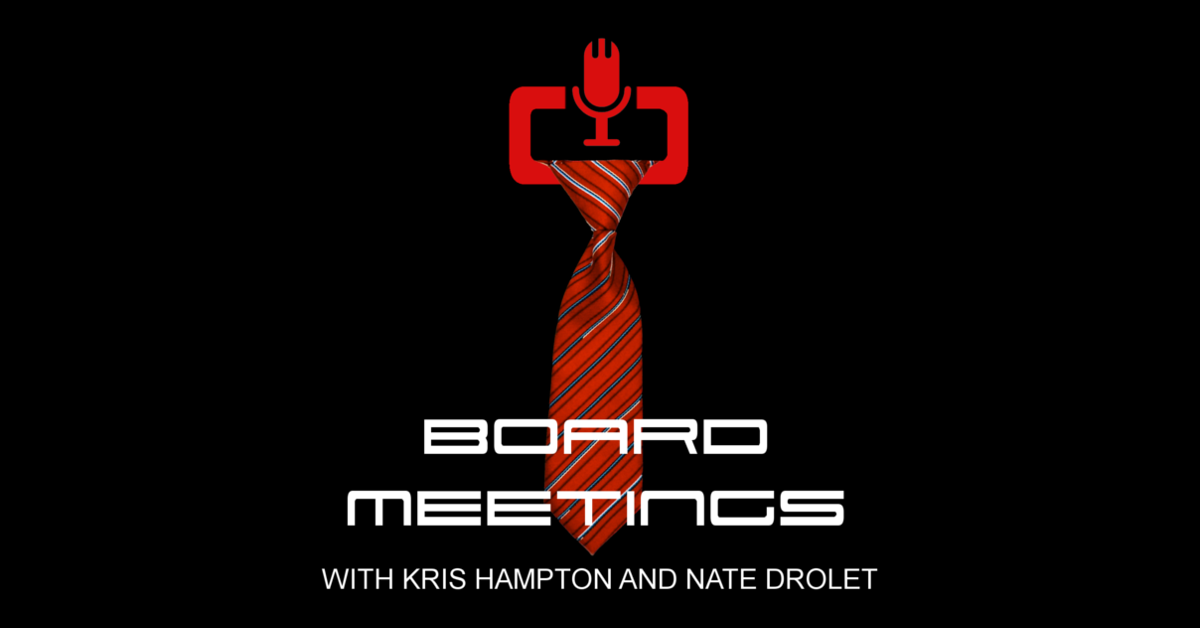










How do you know which is right for your situation?